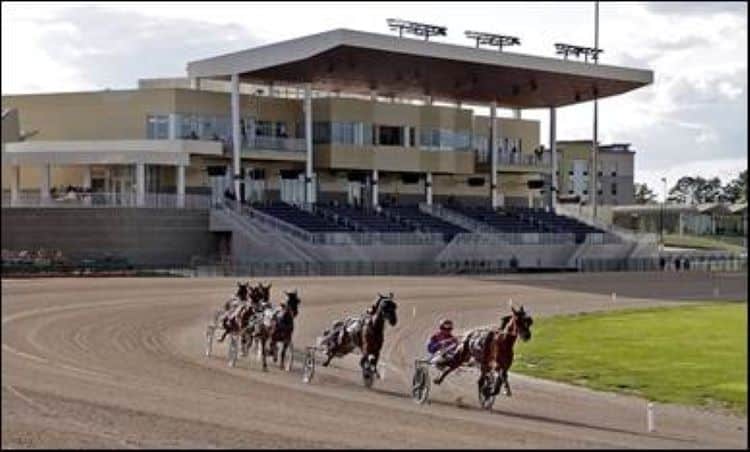A bill to legalize sports betting in Kentucky introduced in the state House of Representatives Monday could have some interesting bedfellows.
According to state Rep. Adam Koenig, who has pursued the legalization of sports betting before, his most recent effort could be rolled into an omnibus bill. It would be combined with legislation to fund problem gaming, to adjust parimutuel taxation and the elimination of breakage, and to address illegal “gray machines” — gambling terminals also referred to as “skill games,” located in places like truck stops and convenience stores.
The sports betting bill is HB 606, and it names the Kentucky Horse Racing Commission as regulator and the entity that would grant licenses. The initial licensing fee for sports betting operators would be $500,000, with a $50,000 annual renewal fee. The bill would legalize mobile and online wagering, as well as retail wagering at racetracks. Racetrack locations would pay a tax of 9.75% on adjusted gross revenue, while mobile/online operators would have a 14.25% tax rate.
On Monday, after a press conference to announce the bills, Koenig didn’t commit to the omnibus bill, but said he would like to give the Republican caucus an option to vote for the four bills together or separately. Gauging the interest of that question could provide a hint as to what measures can clear the House. Expanded gaming efforts in Kentucky — including a historical horse racing bill that narrowly passed in 2021, in what some described as a “bloody” battle — have been fervently opposed by some conservative legislators and organizations like the Kentucky Family Foundation.
“People like to talk about freedom. Well, this is freedom,” Koenig said at the press conference when asked about the states surrounding Kentucky that have legalized sports betting, including Ohio most recently. “This is government getting out of the way of allowing adults to make adult decisions. … This shouldn’t be a partisan issue.”
‘I may not be the best linemaker’
When asked if he felt the sports betting bill could get to a floor vote, Koenig paused in uncertainty.
“I would love to answer that question, but I don’t know,” he said. “We’ve been close in the past, and I imagine it will be close again this year. The votes are there on the House floor. It’s a matter of … getting my fellow Republicans to see the importance of it, the freedom aspects, the need to provide support and protections for our citizens. I’m hopeful, but I’ve learned that … I may not be the best linemaker ever.”
Koenig said Kentuckians are regularly leaving the state to make sports bets and to gamble in casinos, along with staying in the state and participating in illegal wagering. He said legislators can “bury their heads in the sand” on those issues or allow Kentuckians to wager safely and with regulatory protections.
The other bills that could be rolled into the omnibus bill are HB 607-609.
HB 607 would align all parimutuel tax rates in Kentucky to 1.5%. Currently, the tax on parimutuel wagering activity in Kentucky is 0.5% for online advance-deposit wagering operators, 1.5% for on-track wagers, 3% for off-track simulcast locations, and 1.5% for historical horse racing (HHR) machines. The bill would also institute penny breakage. Breakage in Kentucky currently gets rounded down to the dime, per dollar, on parimutuel payouts.
Fantastic to see the penny breakage provision in @repkoenig bill filed today and hopeful for its passage. This is an exciting step for horseplayers, not only in Kentucky but really anyone in America or around the world who bets into the pools offered on Kentucky racing.
— Pat Cummings (@PatCummingsNTA) February 28, 2022
HB 608 would reclassify illegal “gray machines” and authorize the Kentucky State Police to create a task force to remove the devices.
HB 609 would establish a “revolving account” known as the “Kentucky problem gambling assistance fund,” which would be administered by a board. According to the bill, $225 million would be appropriated to the fund, but that number could be misleading. Koenig previously indicated those funds would come from a recent $300 million settlement with Flutter, and problem gaming efforts would be funded by the interest earned from that account.








